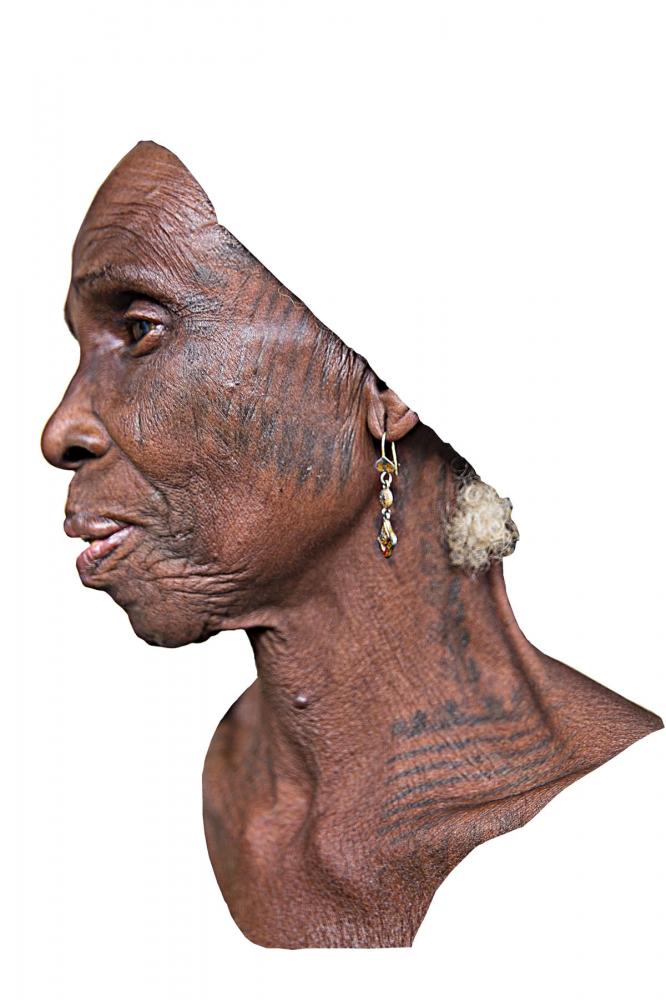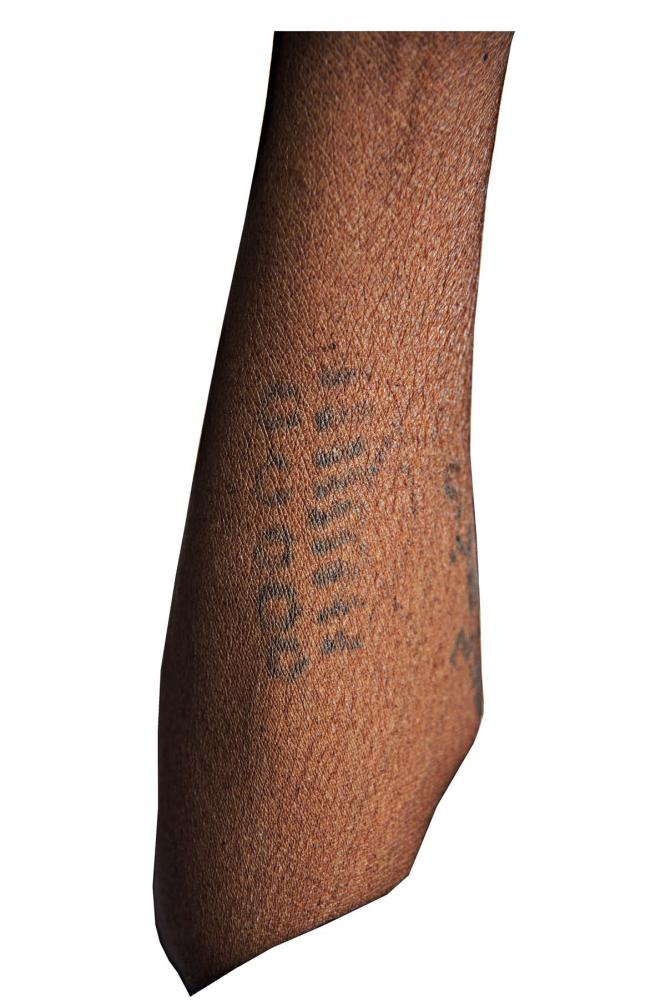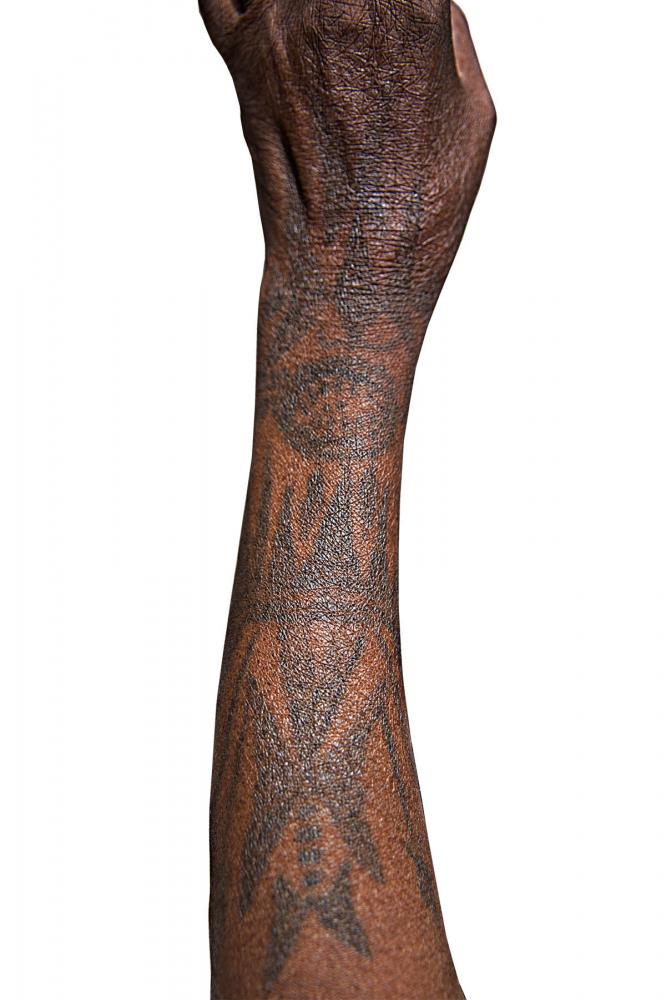Public Project
Kwalliya
“Muna ‘yan mata aka yi mana kwalliya” (We were young when we were adorned with these marks) is exactly what my Grandma told me. She said that with a genuine smile as it might have taken her down memory lane to remember the good old days.
The marks were given to them when they were young. They might have been designed to fade over time. They call it “kwalliya” in Hausa, which simply means “adornment”. So they obviously weren’t curious about the meaning behind the marks. The local barbers called the “wanzamai” are the individuals responsible for markings. The young ladies would go to them and they’d show them different designs to choose from.
Usually repeated patterns and maybe some form of adornment, but in reality, they had meanings amongst which might have been to drive away evil, symbolize a particular family or tribe which may also be closely linked to family ties or trees, etc.
The designs were usually worked on parts of the body such as the neck, arms, breasts, and abdomen; with chevrons, circular dots, elliptical punch marks and lozenges being the most common patterns. Some young women used to write names of their friends and lovers on their arms by tattooing while others preferred drawings of lizards, chameleons and scorpions. Others affect small circles in two rows.
Tattoos like other forms of adornment are a language in them. An unspoken language immersed in deep beliefs and the need to be protected against invisible perceived threats.
In this body of work from an ongoing project, I’m exploring a juxtaposition of then and now; how the body can be a conduit of memory and repository of knowledge, an ode to beauty and a love story all at once, where memory has a vital role to play in a bid to map our path and growth as a people, yet preserving the heritage of our fast disappearing culture.
7,709






